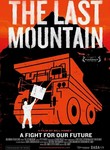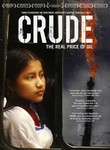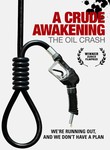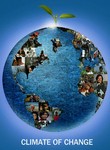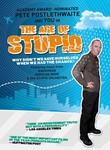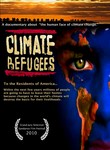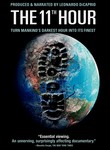If you haven’t seen it already, I’d recommend watching The Cove. I’m not the only one who thinks it’s a good film. It has won dozens of film awards, and it was recently nominated for an Oscar for Best Documentary. (You can get it on Netflix, iTunes, or On Demand cable, or buy the DVD.)
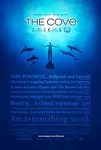 The Cove is suspenseful and riveting—reminiscent of a spy flick like Ocean’s Eleven—but it’s a documentary about real events: the authorized but carefully concealed killing of more than 20,000 dolphins (each year) in Taiji, a small town in Japan. The film has a brief segment of disturbing footage, but it is not overdone; and there’s beautiful and humorous footage, as well, to balance out the drama and tension. For more information about the dolphin slaughter, or to take action against this practice, go to TakePart.com/TheCove. (Note: Mass dolphin killings also happen in Denmark’s Faeroe Islands.)
The Cove is suspenseful and riveting—reminiscent of a spy flick like Ocean’s Eleven—but it’s a documentary about real events: the authorized but carefully concealed killing of more than 20,000 dolphins (each year) in Taiji, a small town in Japan. The film has a brief segment of disturbing footage, but it is not overdone; and there’s beautiful and humorous footage, as well, to balance out the drama and tension. For more information about the dolphin slaughter, or to take action against this practice, go to TakePart.com/TheCove. (Note: Mass dolphin killings also happen in Denmark’s Faeroe Islands.)
The film also tells the compelling story of the personal, moral transformation of Ric O’Barry, the man who captured and trained the dolphins who were featured in the 1960s TV show Flipper, the popularity of which spurred the more widespread capture of dolphins to be used for human amusement and entertainment. After recognizing the folly and tragedy of these practices, O’Barry has dedicated his life to saving dolphins and releasing them from captivity. For information on the captivity of dolphins for marine parks and swimming-with-dolphins programs, check out this Humane Society webpage. And click here to see a funny and relevant cartoon from The New Yorker.
A third important issue—an environmental issue—comes up in the film, as well: the high levels of mercury that are found in dolphins and in some types of fish, such as tuna. Mercury exposure can cause severe neurological impairment (EPA mercury webpage). For more information on mercury contamination in seafood, marine life, humans, and the environment at large, go to this NRDC webpage or GotMercury.org.
Towards the end, the film briefly touches on the issue of overfishing, which turns out to be one of the primary causes of the dolphin slaughter tragedy that the film has exposed. According to O’Barry, the dolphin-killing fishermen say they consider dolphins “pests” that are eating all of “our” fish. The fishermen use this to justify the slaughter, when in fact it is humans’ fishing practices (such as industrial-scale trawling operations), our high levels of fish consumption, and water pollution—as well as the damming of rivers, in the case of certain species of salmon—that are responsible for the steep decline and imminent collapse of many fishery stocks. For information on which types of seafood to avoid buying (due to overfishing and/or contamination issues), see the Monterey Bay Aquarium’s Seafood Watch site and download their Pocket Guide.
February 11, 2010

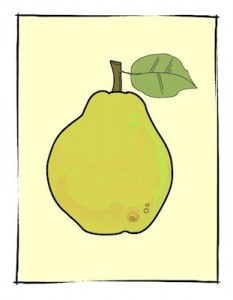 These resources are organized into the following general categories (though some are relevant to more than one category):
These resources are organized into the following general categories (though some are relevant to more than one category): 


